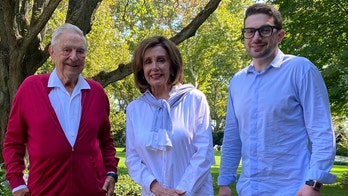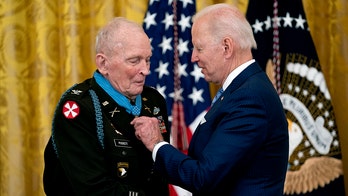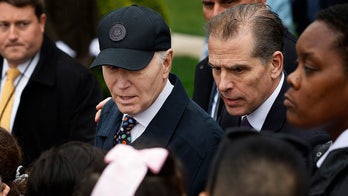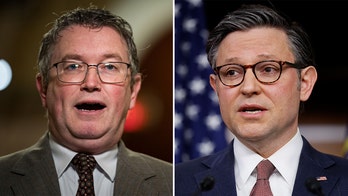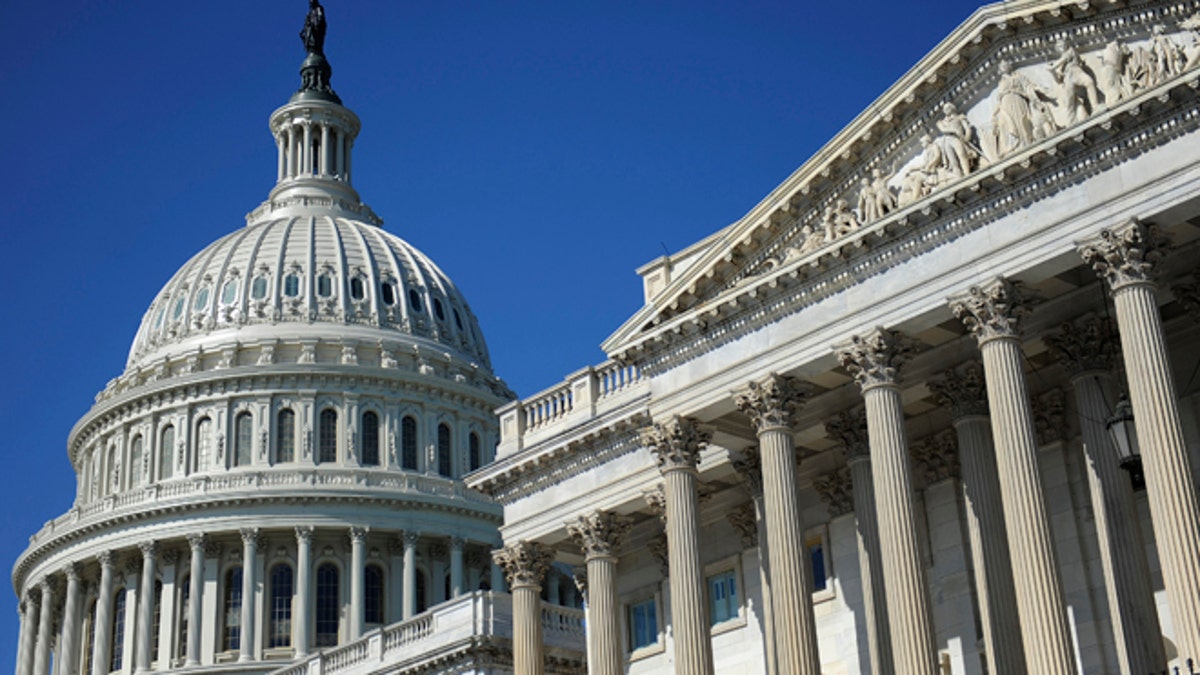
The U.S. Capitol dome and U.S. Senate (R) in Washington, August 2, 2011. The United States is poised to step back from the brink of economic disaster on Tuesday when a bitterly fought deal to cut the budget deficit is expected to clear its final hurdles in the U.S. Senate. REUTERS/Jonathan Ernst (UNITED STATES - Tags: POLITICS BUSINESS) (Reuters)
While congressional Democrats want employers to adhere to a proposed increase in the federal minimum wage, a new analysis shows most bill sponsors are not so generous with some of their own workers.
The Employment Policies Institute found that 96 percent of House and Senate sponsors of the minimum wage bill do not pay their interns. That includes lead bill sponsors, like Sen. Tom Harkin, D-Iowa, according to the study.
As a whole, most members of Congress -- whether they support an increased minimum wage or not -- do not pay interns. But the Employment Policies Institute argues that the practice shows "sponsors are legislating with a 'do as I say, not as I do' approach."
President Obama is expected to reiterate his call for an increase in the federal minimum wage in his State of the Union address on Tuesday night.
The unpaid intern is somewhat of a fixture on Capitol Hill. An Atlantic piece over the summer on the practice noted that lawmakers often cast those sought-after positions as educational and resume-building experiences.
At the same time, some lawmakers have made the leap and begun to pay those workers. The EPI study found that Sens. Bernie Sanders, I-Vt., Mark Begich, D-Alaska, and Patrick Leahy, D-Vt., are among the lawmakers who pay at least some of their interns.
The minimum wage bill would increase the federal minimum from $7.25 an hour to $10.10 an hour, over two years. Supporters note the federal minimum has not increased since 2009, and argue working Americans need the extra money.
"American businesses, American workers have [been] doing the right thing. Washington needs to help them," White House senior adviser Dan Pfeiffer told "Fox News Sunday." He said items like raising the minimum wage would help the country "make tremendous progress."
But critics, like EPI, claim that raising the minimum could have an adverse effect, discouraging businesses from hiring more workers at a time when the government is trying to spur job growth.
"The minimum wage is mostly an entry level wage for young people," Senate GOP Leader Mitch McConnell told "Fox News Sunday." "We have a crisis in employment among young people right now, and generation 18 to 30, people that got out of college, are finding there are no jobs for them. The last thing we want to do is have even fewer jobs for younger people."

